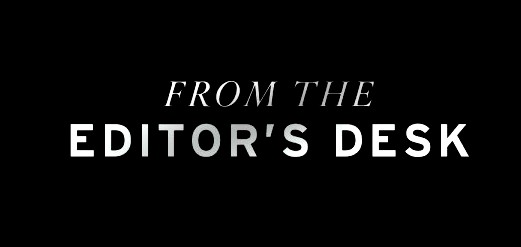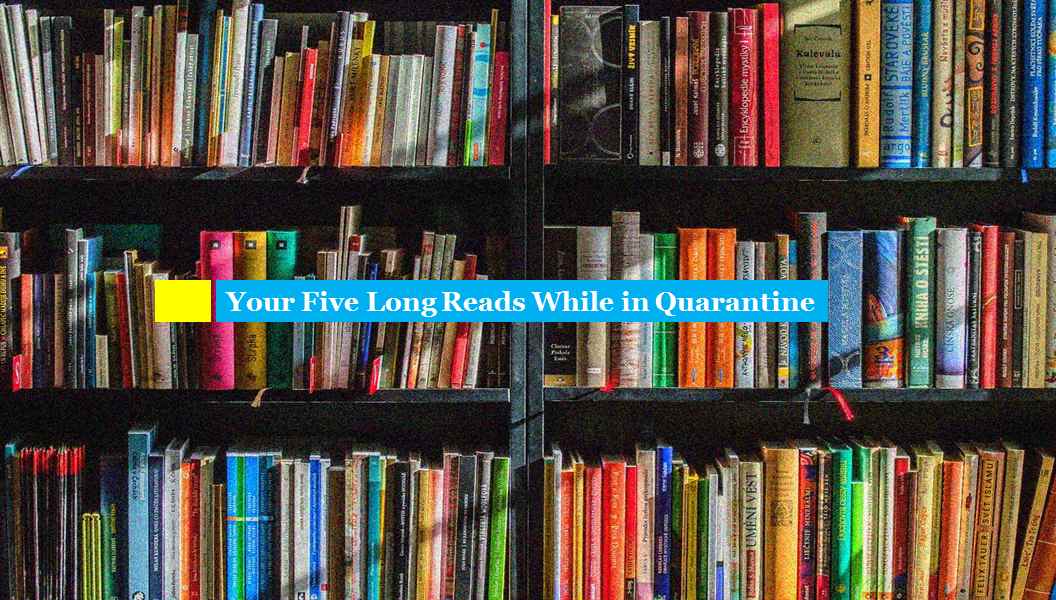We live in the times of media simulation- a time when we are bombarded with news, information and facts from all corners of the world. Often this overflow of information results in the gradual decline of individual agency as we tend to become over dependent on it and thus do not exercise our own creative intelligence. Over time the flow of information turns into trivia and we tend to become its passive consumers. Our television sets, our laptops, smartphones and tablets have become addictions that have over the years completely seduced us into believing that a moment of rest, a moment of gadget-free living will result in unspoken loses and leave us disconnected to the larger world. Our young learners are glued to these and have forgotten to play outdoors, adults have reduced attention spans as even in family gatherings, seminars or talks they are constantly busy on their gadgets updating a social media profile, public transportation which used to be the hub of vibrant discussions have now become extremely individualised spaces where face to face interactions are now significantly hampered. Yes, the seduction of the hyper-real has often handicapped us and destroyed our own distinct thought process. It is not difficult to see the validity of this point, newspaper and television headlines are full of reports on innocent deaths at the nation’s borders, of rapes and violations against ordinary women, of corruption and nepotism in public office, of scams and scandals- but the severe overflow of information has led to a situation where these look like mere numbers flashing on the screens, like mundane, indispensable realities of the nation’s life and thus no longer bother us or invoke any passion. Also, look how much we use social media networks and pride on a growing list of friends, how passionate we are to update photographs and statuses and yet look how utterly insensitive we have become to the ‘actual’ sufferings, pain and dilemmas of those around us. The above argument points out to the fact that there is an urgent need in our times to do away with the superficial projection of news as merely political rhetoric or an item worth sensationalisation and step into a new phase of deep, engaged and constructive engagement with the world, a new and refreshing journalism.
The New Leam has always believed that human stories of courage and perseverance, compassion and constructivism must be taken to people especially in times such as these where mainstream sources of news are primarily about the nation’s misfortunes and aberrations. This magazine has always believed and stood up for the cause of engaged living, creative agency and the harmonic relationship between society, education, culture and politics through its work with young learners, pedagogues, artists, policy makers and activists from myriad fields. Perhaps, it is the combination of these factors that makes The New Leam a refreshing departure, a forum that is life-affirming and inclusive. It is to expand and cultivate this idea further that we have introduced a Web Edition too.
The Web Edition is an engaging new addition to our growing efforts as it covers issues from over the world ranging from gender and culture, to postmodern art and poetics, to political issues, ecological concerns and field based ethnographic studies on diverse themes. We believe that our honest efforts towards building up a forum that is serious towards researched stories, nuanced and diverse perspectives detailed and deep rooted analysis and moreover towards building up a space for constructive journalism will continue to excite our readers. The issue that you hold in your hands is a gift of deep labour and vision and we hope that you would enjoy reading it as much as we enjoyed working on it!
Happy Reading!
Vikash Sharma














